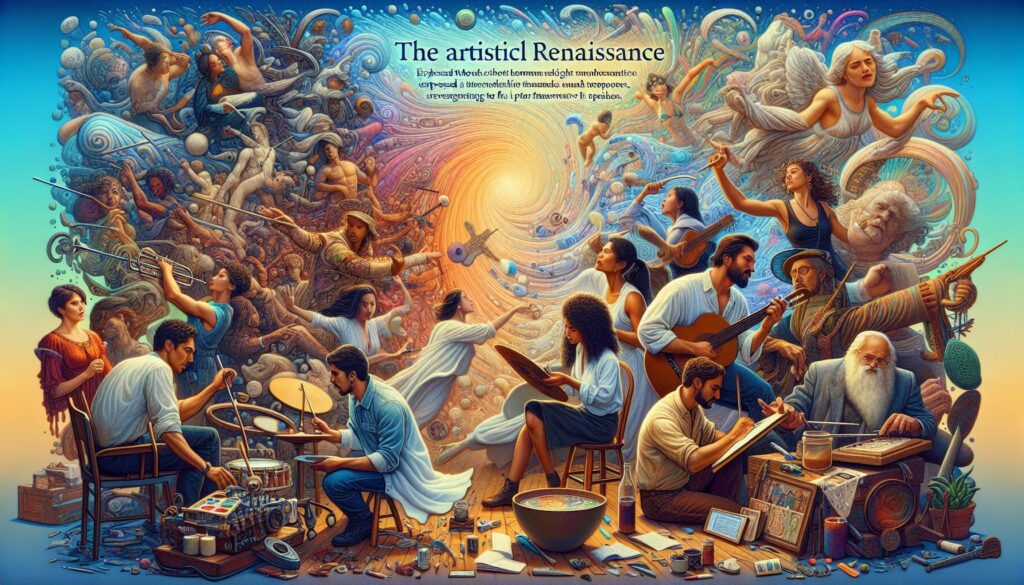Past the bustling city streets and towering skyscrapers, an era is unfolding where business models are virtually as diverse and vibrant as the canvases in an art gallery. This profound narrative weaves itself delicately into our contemporary milieu, presenting a canvas rich with opportunity, risk, and innovation.
From the dense jungles of start-ups to the opulence of well-established corporations, the marketplace is teeming with varied shades of business practices designed to inspire, generate wealth, and bring forth transformational change. As we stand on the precipice of a new age of enterprise, it is more crucial than ever to comprehend these shifts, understanding not only the implications they currently carry, but the possibilities they present for the future.
Plucking the Strings of Innovation: Disruptions in the Business Canvas
Silicon Valley once led the global start-up ecosystem, giving birth to giants like Google and Facebook. However, in recent years, hubs of entrepreneurship are sprouting across the globe. From Stockholm to Seoul, pioneering start-ups are challenging the status quo, providing solutions to pressing societal problems, and shaping the future leveraging technology.
A trend that has become prevalent in the orchestration of modern enterprises is the gig economy. Companies like Uber and Instacart have embraced this model to create vast networks of independently contracted employees. This development has paved the way for a fresh type of flexibility and convenience in the workforce unparalleled by traditional employment structures.
Digital transformation is another fundamental shift. The rapid advancement of technology continues to revolutionize industries—driving efficiency, boosting profits, and revamping the way businesses operate. The pandemic propelled this trend further, as organizations were forced to adapt to remote work setups and virtual business transactions.
In this whirlwind of change, corporate social responsibility (CSR) has emerged as a vital touchpoint. Companies are learning that long-term success is not merely about profit maximization but contributing positively to the environment and society. Consumers are demonstrating a preference for businesses that are environmentally responsible and contribute to societal wellbeing, effectively altering market dynamics.
Charting the Business Horizons: A Peek into the Future
Projecting the trajectory for this vast dynamic mosaic isn’t straightforward. It involves the analysis of current factors mixed with an element of educated guesswork, much like an artist anticipating the impact of their next brush stroke.
The gig economy and digital transformations will likely become core features of future business models. It will be essential for businesses to remain adaptable, keeping in tune with advancements in technology to stay relevant.
Business ethics will also continue to shape company policies and practices moving forward. The future likely promises more sustainable businesses dedicated to making a positive impact, with CSR taking the front seat in business decisions, instead of serving as an afterthought.
In this new age of business, the key to success lies in embracing change, fostering innovation, and striving not just for profit, but for contributing positively to the world. Much like the evolution of art, the essence of business goes beyond the simply pragmatic—it is a testament to human creativity and the relentless pursuit of bettering our world.




